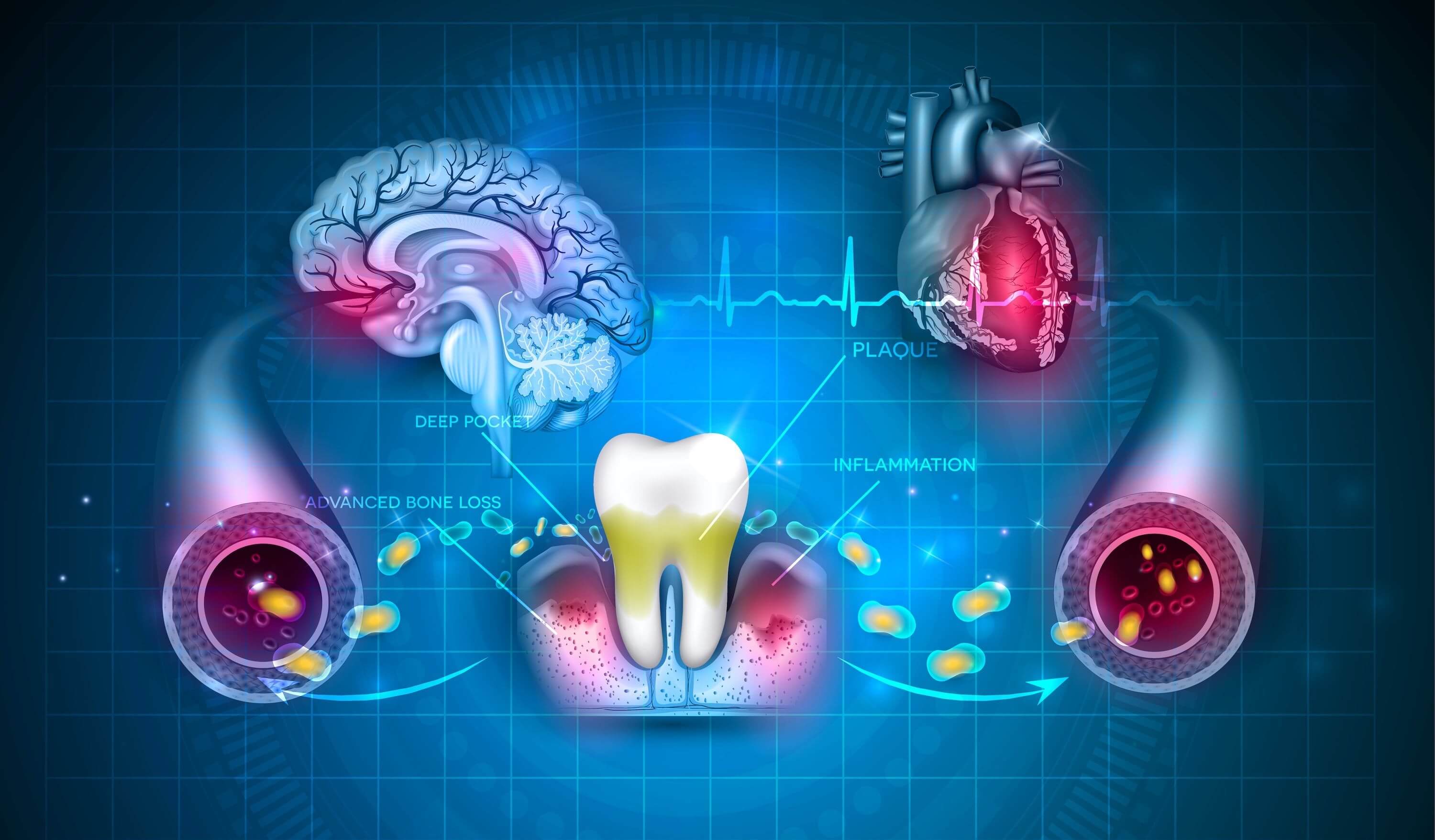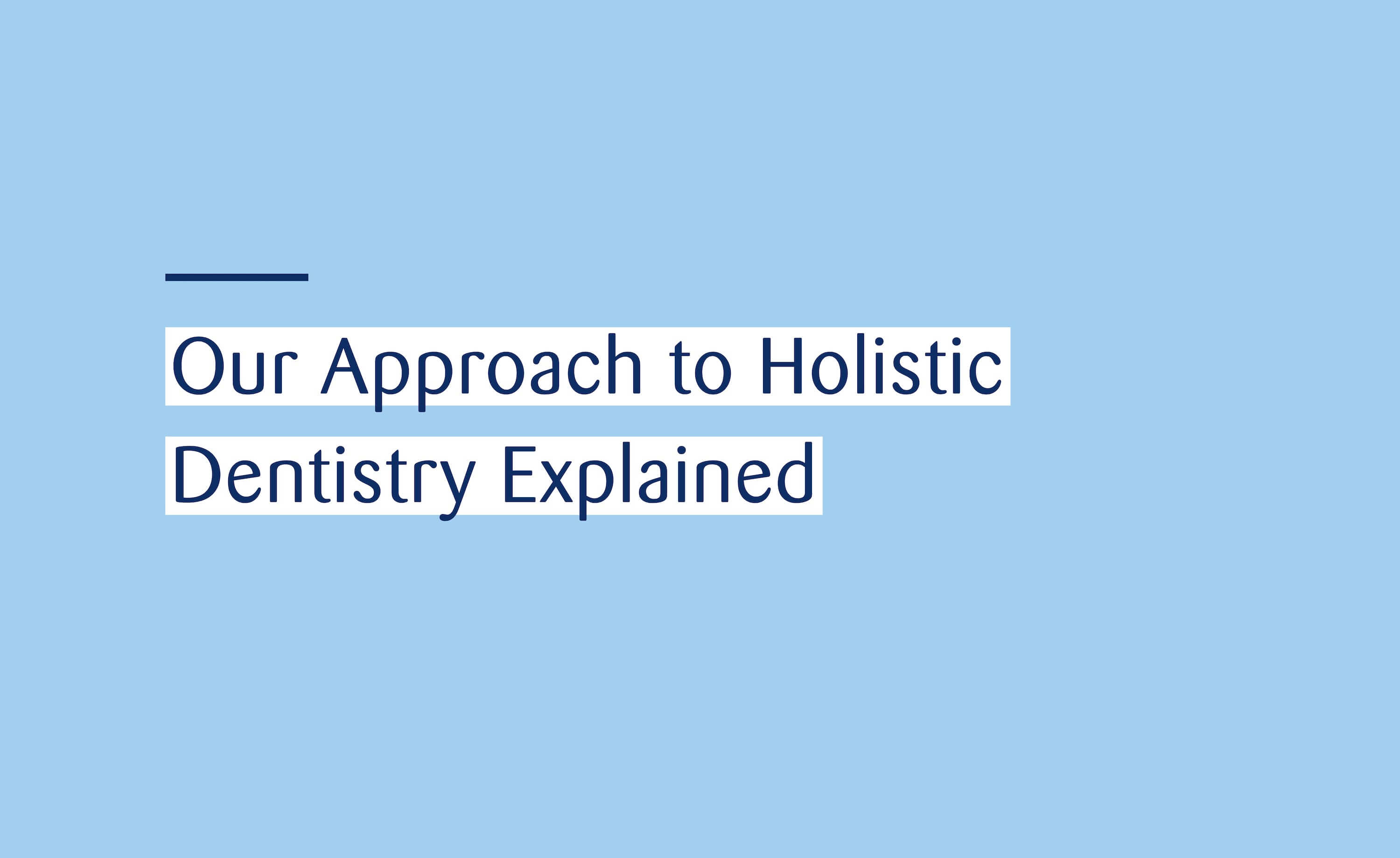Medicine vs Health: The Patient vs. The Medical Industrial Complex
The healthcare system, despite its name, does not exist to ensure health — it exists to practice
medicine.
These two concepts are not synonymous, and therein lies a significant problem: while medicine can treat illness, it does not inherently
lead to health. More troublingly, the medical industrial complex is not structured to incentivise health but
rather the ongoing management of sickness.
The Medical Model is About Profit
But why would the healthcare industry be set up in such a way that it isn't designed to promote health? Quite simply, there is more money in medicine than there is in health.
Consider the pharmaceutical industry, one of the largest and most profitable parties within the medical industrial complex. The profitability of pharmaceutical companies relies solely on the sale of drugs, and those sales thrive in an environment where people are chronically ill. Thus, there is an underlying incentive structure that keeps patients tethered to prescription medications for extended periods.
Chronic illnesses, such as diabetes, hypertension, and heart disease, are prime examples. These conditions are largely manageable through lifestyle changes and preventive measures, yet they remain some of the most profitable areas for pharmaceutical companies. Once a patient is diagnosed, they are often prescribed lifelong medication - ensuring a steady stream of income for the companies that produce these drugs. The result is a system that profits from managing sickness, not curing it.
Healthy People Don't Make the Medical Industry Money - Sick People Do
Compounding this issue is the fact that the pharmaceutical industry (and other key stakeholders in the medical industrial complex) corrupts medical science for their own benefit. The Instagram post embedded below explains how this phenomenon occurs and illustrates how big pharma leverages medical research to create a positive feedback loop for itself (to the detriment of the patient).
Medicine vs Health: A Misalignment of Incentives
The distinction between health and medicine can be distilled down to the alignment of incentives. Under a health model, the objectives for each party are clear: to maximally benefit the health and well-being of the patient. This creates an environment in which the incentives for both the patient and practitioner are in perfect alignment.
Under a medical model, the objectives for each party are disparate: the patient wants to maximally benefit their health while the practitioner is confined to operating within a system that maximally benefits the medical-industrial complex. This creates an environment where patient and practitioner incentives are misaligned.
What Does This Mean for Dentistry?
Though distinct from general medicine, dentistry operates within the same flawed medical model that prioritises treatment over prevention and is reactive rather than proactive. Much like doctors, dentists are trained to treat specific problems — decayed teeth, gum disease, crooked teeth, etc. — without addressing the underlying systemic causes that may be contributing to these conditions.
Dentistry is Siloed
Moreover, dentistry is siloed from broader medical care, whereby dentists and doctors are seen as operating in separate domains. This is despite the irrefutable connection between oral health and overall systemic health.

The Oral Systemic Link: How Disease Starts in the Mouth
The oral systemic link is the unique relationship between oral health and total body health that suggests the earliest signs of disease are evident in the mouth - what we call ‘a mouth full of evidence’...

A Holistic Biological Dentist With a Difference
Despite being treated by a holistic dentist, many patients can expect little long-term improvement if there aren't protocols for detoxification and healing post-treatment. This is how Eric Davis Dental is different...
For instance, poor oral health and oral infection and toxicity are known catalysts for
and aggravators of cardiovascular disease, diabetes, and even adverse pregnancy
outcomes, yet these connections are seldom addressed by dentists or doctors. Instead, the modern medical model trains dentists
and doctors to treat patients and their symptoms in isolation, focusing on the mouth or
the body alone and not together.
Our Philosophy: What We Do Differently
At Eric Davis Dental, we don't subscribe to the typical medical model, we subscribe to a health model.
Fundamentally, what this means is that we look beyond your oral health and assess it
with respect to your total body health. This is an ethical imperative to us, and we view it as the only
avenue to help our patients
achieve true health. This philosophy is borne out in a revolutionary treatment style and methodology that is unique to our clinic. It's
what we call Total Dental Revision.
Total Dental Revision
Total Dental Revision offers a clear departure from the flawed medical model by addressing the root of systemic health issues. The program is built on the understanding that the mouth is a critical gateway to overall health, and dental toxins can significantly contribute to chronic diseases such as heart disease, autoimmune diseases, cancer, arthritis, Parkinson's disease, and Alzheimer's.
Each program is carefully tailored to each individual's unique health needs, focusing on dietary optimisation, supplementation, and a structured sequence of dental procedures designed to optimally support the body's natural healing processes.
The Total Dental Revision Program
The Total Dental Revision (TDR) program consists of four key phases designed to support your journey to optimal health.
1 - Body Chemistry Analysis
The program begins with a comprehensive analysis of your body chemistry through blood and urine tests. These tests identify imbalances and toxic elements, such as mercury, and provide the foundation for your personalised nutrition and supplementation plan, preparing your body for detoxification and healing.
2 - Nutritional Optimisation and Supplementation
A customised diet and supplementation plan is created based on your body chemistry analysis results. This plan supports your body's detoxification by aligning with your ancestral nutritional patterns, enhancing cellular function, and promoting the elimination of toxic metals and other harmful substances.
3 - Dental Evaluation and Revision
This phase includes a thorough evaluation of your oral health, such as testing the electrical activity of amalgam fillings and assessing periodontal health. Toxic dental materials, like mercury fillings, are removed safely and sequentially and replaced with biocompatible alternatives. Compatibility testing ensures the new materials align with your immune system, minimising further toxicity risk.
4 - Follow-Up and Monitoring
After dental revisions, ongoing assessments monitor your recovery and adjust your nutritional and supplementation
regimen as needed. Regular re-evaluations ensure your body continues to detoxify and heal,
with progress carefully tracked at key intervals.
A Dentist That Prioritises Your Health
Contact us today to learn more about our approach to dentistry and whole-body health or
how our Total
Dental Revision Program
can improve your health and well-being.
